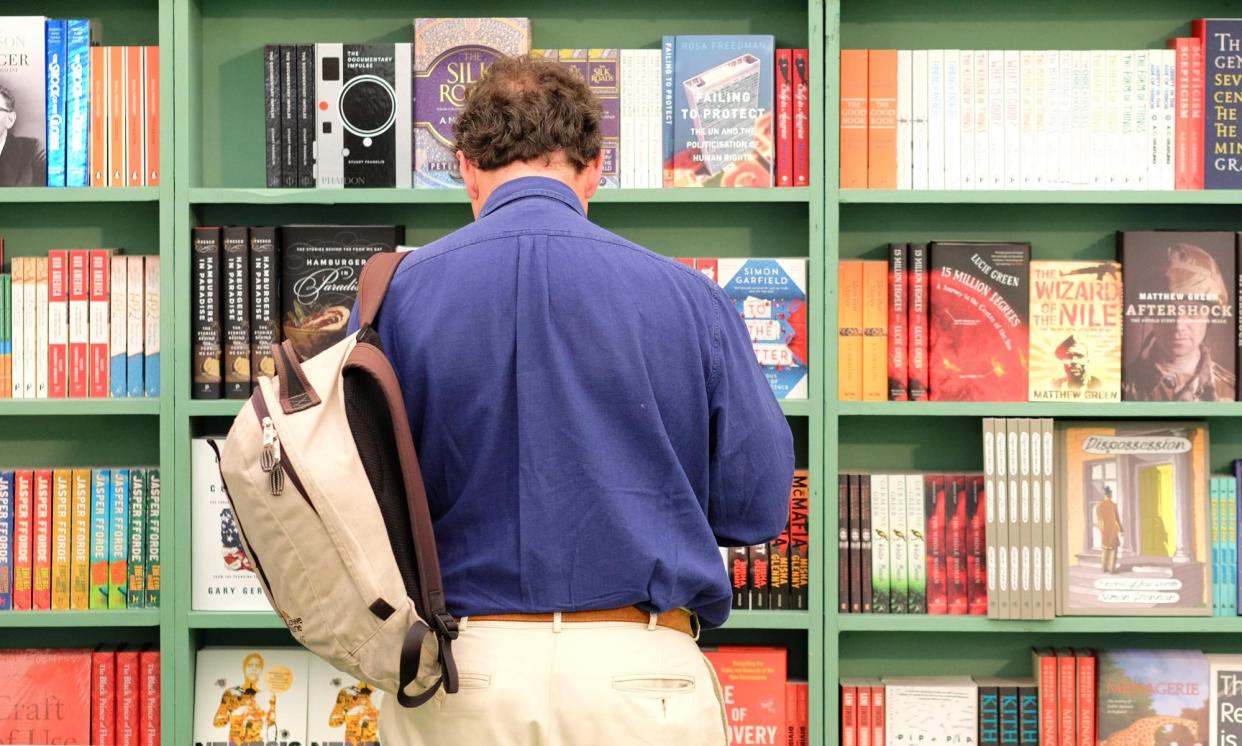Scotland’s artists fear ‘cultural black hole’ after festival and film project cancelled

Artists, writers and film-makers have expressed their fears for the future of Scottish culture following the closure of a film project, a book festival and an art magazine within days of each other.
On 28 March the Glasgow book festival Aye Write announced it would not go ahead this year after failing to secure funding from Creative Scotland, a decision that was criticised by authors including Andrew O’Hagan and Val McDermid, who called it “profoundly depressing”.
A week later, film talent initiative Short Circuit said it would end in June after four years, followed the next day by art magazine MAP, which announced its closure after almost two decades, in part because of funding precarity.
The closures come after a 10% funding cut to Creative Scotland, Scotland’s public arts body, by the Scottish government in the autumn. Last month, Creative Scotland told the Scotsman it was currently only able to support about 30% of all applications received.
Lori Anderson, director of Culture Counts, a network of Scottish arts and heritage organisations, said Scotland’s “reputation and ambitions as an international cultural leader” were at “serious risk”.
“Any organisation that disappears doesn’t just leave a gap, it affects and changes everything connected to it,” Anderson said. “As cultural organisations fight for survival, we will see a growing impact on jobs, services and in communities across Scotland. Large-scale contraction, which is what we are effectively looking at, will have a systemic effect that can’t be predicted or easily undone.”
Scotland’s average culture spend was among the lowest in Europe, Anderson pointed out, with just over 0.5% of all investment going into the arts. She said a Scottish government pledge to increase the culture budget by £100m by 2028-29 needed to happen more urgently.
One Scottish film-maker, who did not want to be named while applying for funding, told the Observer he had been working in the arts for a decade and had “never seen morale so low”. He said: “It’s not just about your own projects, although it’s stressful trying to fund those and keep yourself fed and watered at the same time. It’s about Scotland as a whole – we’ve always punched above our weight, but we’ll end up with a cultural black hole.”
Heather Parry, author and editor of literary magazine Extra Teeth, which is on hiatus due to funding pressures, said the Scottish government needed to urgently increase support.
“As government funding is slashed, access to the arts is diminished both for the public and those trying to make a living from it,” she said.
“With less funding available, more conservative choices will be made, restricting the diversity of viewpoints and creativity we see. Artists and organisations then have to look to the private sector for support, which is increasingly both compromised and hard to find. At this point, the Scottish government knows it is underfunding the arts and simply doesn’t care.”
Earlier this year, Creative Scotland chief executive Iain Munro told Holyrood’s culture committee that parts of the creative sector faced collapse if funding was not increased. Scotland’s artists, he said, “put so much effort and emphasis on trying to – literally – keep the show on the road and keep the lights on.”
A Scottish government spokesperson said Creative Scotland was an arms-length funding body and that ministers had no role in decisions around individual projects.
“High inflationary pressures as a result of Brexit and the war in Ukraine, combined with an autumn statement that prioritised a tax cut over providing the investment Scotland needs in services and infrastructure, have made this the most challenging budget to be delivered under devolution,” they said. “Despite this, Scottish ministers have increased culture sector funding by £15.8m to £196.6m this financial year.”


